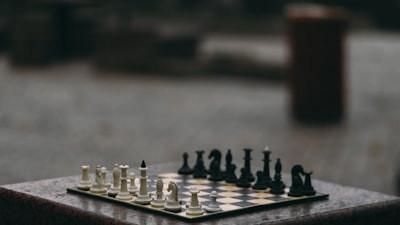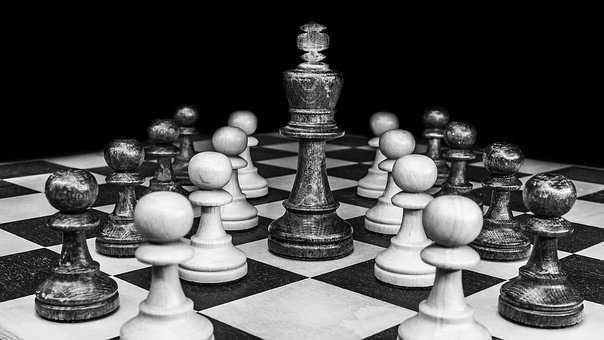How to get good at chess
Curated from: theguardian.com
Ideas, facts & insights covering these topics:
4 ideas
·3.83K reads
16
Explore the World's Best Ideas
Join today and uncover 100+ curated journeys from 50+ topics. Unlock access to our mobile app with extensive features.
How to get good at chess
We can only get good at chess by loving it.
Every game should teach you something. Play people better than you and be prepared to lose. Then you will learn.
143
1.33K reads
The beginner chess player
Start to set out the pawns, then add the pieces. Understand how a pair of bishops can dominate the board, or how rooks can take pawns in an endgame.
Once you know the basics, start using computers and online resources to play and analyse games. Don't just play against the computer - find human opponents online or in person.
124
934 reads
Study the games of great chess masters
Find a player you identify with and follow their careers, such as Bobby Fisher, Morphy, Alekhine, Capablanca, Tal, Korchnoi, Shirov, and other legendary figures.
They also have fascinating life stories you can get familiar with.
121
814 reads
Joining chess clubs
A serious player should join their local chess club. Players can also keep their brains active online, but beware that some online players are likely to be cheating, making it hard for you to assess your play.
If you want to start playing over the board tournaments, you will need to join the chess federation in your country. After a certain number of official games, you will get a rating and can then start being paired with players of your own strength.
113
752 reads
IDEAS CURATED BY
Jasper Asghar's ideas are part of this journey:
Learn more about personaldevelopment with this collection
The power of gratitude and positive thinking
Ways to improve your mood
Simple daily habits for a happier life
Related collections
Similar ideas
Read & Learn
20x Faster
without
deepstash
with
deepstash
with
deepstash
Personalized microlearning
—
100+ Learning Journeys
—
Access to 200,000+ ideas
—
Access to the mobile app
—
Unlimited idea saving
—
—
Unlimited history
—
—
Unlimited listening to ideas
—
—
Downloading & offline access
—
—
Supercharge your mind with one idea per day
Enter your email and spend 1 minute every day to learn something new.
I agree to receive email updates

